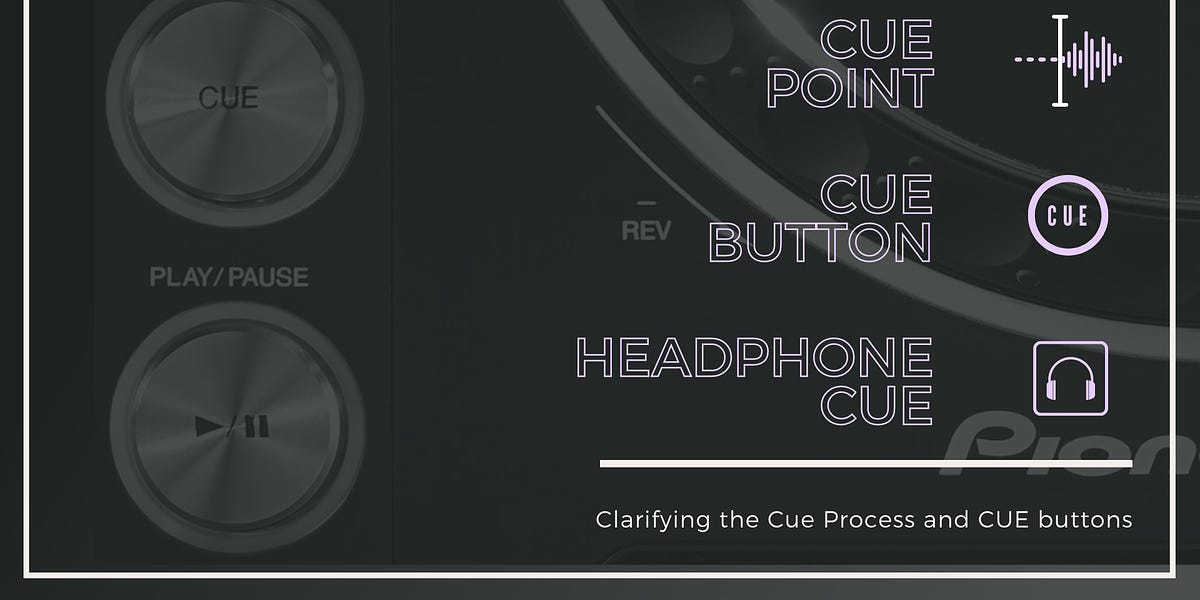-
 The forum software that supports hummy.tv has been upgraded to XenForo 2.3!
The forum software that supports hummy.tv has been upgraded to XenForo 2.3!
Please bear with us as we continue to tweak things, and feel free to post any questions, issues or suggestions in the upgrade thread.
You are using an out of date browser. It may not display this or other websites correctly.
You should upgrade or use an alternative browser.
You should upgrade or use an alternative browser.
Assume v. Presume
- Thread starter Black Hole
- Start date
Black Hole
May contain traces of nut
Never heard that.Then a track or piece of music is referred to as a "cue".
Are you sure that's not just Scala trying to look cool?At least on Scala
EEPhil
Number 28
First noticed with Mark Kermode (him of film reviews) when playing film music. Since heard other presenters do the same. Could be they're trying to look cool. I find it a little irritating - along with the public information advert about the danger zones around lorries. "Four zones. Front, back and both sides." That'll be all round then. (Yes I do know what they really mean!)Are you sure that's not just Scala trying to look cool?
Black Hole
May contain traces of nut
Yep."Four zones. Front, back and both sides."
That would explain it – a movie production term which has inappropriately escaped into wider use.First noticed with Mark Kermode
" That would explain it – a movie production term which has inappropriately escaped into wider use."
Possibly with the common DJ usage of "Cue the next track" being a link in it's evolution.

 www.djmentors.com
www.djmentors.com
Possibly with the common DJ usage of "Cue the next track" being a link in it's evolution.

What Are DJ's Doing In Their Headphones?
What is a Cue Point? The Definitive CUE Process Guide for DJs
Black Hole
May contain traces of nut
All do, or at least that's involved in the process of ripping a CD. An audio CD has no concept of individual tracks, just like an LP it is a continuous track and individual parts of the track are simply separated by periods of silence.If I remember correctly, doesn't some CD ripping software produce cue files or a list of cues?
CD players are told where each individual track starts by a short burst of data at the beginning, which provides index points. This is the "cue sheet", essentially just bookmarks. Rippers use the cue sheet to decide where to split the rip into individual tracks (and the cue sheet isn't always reliable).
EEPhil
Number 28
That explains a lot - like tracks that follow on seamlessly being split so that playback (in Winamp, for example) contains a glitch.and the cue sheet isn't always reliable
(Don't think the ripper I occasionally use makes the use of cue sheets obvious - I'd have to check)
Black Hole
May contain traces of nut
That's always going to be a problem with "tracks" when there's no separation. In a stereo continuous waveform, where do you define the split so that it's at the zero crossing for both waveforms? The result is a step transition, and a glitch. I'm not sure how precise the cue points are anyway.That explains a lot - like tracks that follow on seamlessly being split so that playback (in Winamp, for example) contains a glitch.
If it didn't, it wouldn't know there were any tracks at all!(Don't think the ripper I occasionally use makes the use of cue sheets obvious - I'd have to check)
There is a long-standing 'feature' of MP3 that inserts a pause of a second or two between tracks. I have a lot of music ripped from CD albums and this happens in supposedly seamless track changes.seamlessly being split so that playback (in Winamp, for example) contains a glitch.
prpr
Well-Known Member
The frame size is 1/75 of a second. Here's an example of something I did years ago when burning a disc for someone:I'm not sure how precise the cue points are anyway.
Code:
CD_DA
TRACK AUDIO
SILENCE 0:2:0
START 0:2:0
FILE "cd1.wav" 0 38:0:0
TRACK AUDIO
START 0:1:0
FILE "cd1.wav" 38:0:0That's just crap software. There is no reason whatsoever that the next file can't be opened/decoded/buffered in advance of the current one finishing for seamless playback.There is a long-standing 'feature' of MP3 that inserts a pause of a second or two between tracks
Of course once you implement lossy data-rate reduction (compression as it's mostly wrongly called), then you are almost bound to get a glitch at a boundary.
Black Hole
May contain traces of nut
Advert on ClassicFM, I forget what for... what I can't get out of my head is the copywriter's use of "spells" as a transitive verb!
Something like:
"Yu-yu spells Y U Y U" rather than "Yu-yu is spelt Y U Y U".
Arrrgggghhhh!!!!!!
Something like:
"Yu-yu spells Y U Y U" rather than "Yu-yu is spelt Y U Y U".
Arrrgggghhhh!!!!!!
EEPhil
Number 28
'rizz' was announced in the paper as word of the year!
QI posting on X said:Germany awards an ‘un-word’ of the year, to highlight a derogatory or unpleasant word that reflects the unsavoury morals of the time. Previous winners have been Rentnerschwemme (flood of pensioners), Lügenpresse (liar press) and Peanuts (peanuts).
Do we need something similar here?
EEPhil
Number 28
Peanuts? Why?
@primenumberfew on X said:Context: "Peanuts" was the word with which Hilmar Kopper, speaker of the board of Deutsche Bank at the time, described an insolvent client's unpaid craftsmen's bills, amounting to 50 Million DM (~47 Million €)
Black Hole
May contain traces of nut
As a foreign import, why wouldn't it be?So it seems the use of the word peanuts in the context of 'small change' is a new one in Germany.
Black Hole
May contain traces of nut
I don't think that's the point.
